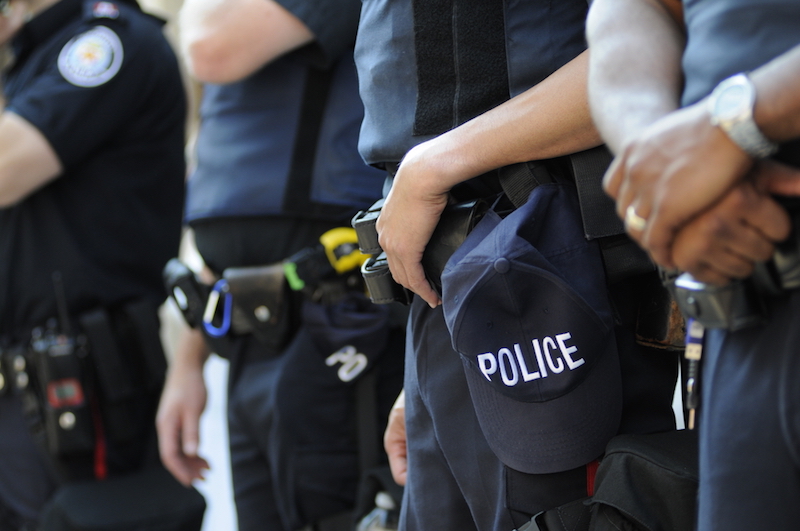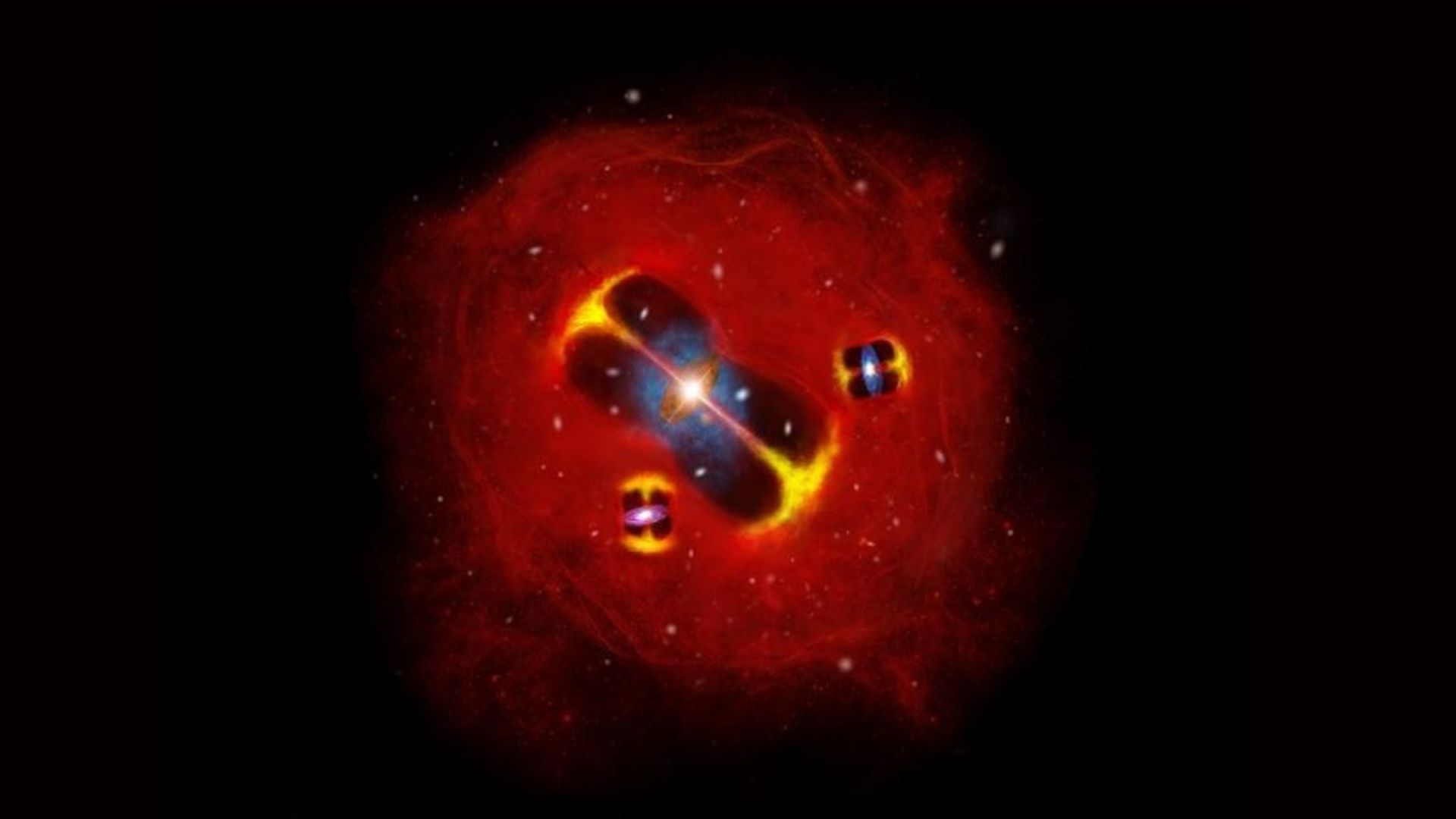How Racism Persists: Unconscious Bias May Play a Role

This week's shootings of two black men, one in Louisiana and one in Minnesota, have again raised concerns that U.S. police may act in racist ways. But racism isn't isolated to any one profession, and even people who don't consider themselves racist may harbor unconscious biases, experts told Live Science.
Unconscious racism is an example of a psychological phenomenon called implicit bias, said David Amodio, an associate professor of psychology at New York University. Often, people's implicit biases aren't based on personal experiences or beliefs, but rather reflect societal messages, such as the images of blacks or other minorities seen in the media, he said.
Researchers began studying implicit bias during the civil rights movement. As that movement progressed, surveys indicated that attitudes toward people of different races in the U.S were improving, and that white people increasingly reported having more favorable attitudes toward black people, Amodio said. [7 Reasons America Still Needs Civil Rights Movements]
"But it looked like instances of discrimination weren't changing that much," Amodio told Live Science. "So, that led researchers to try to figure out why."
Experts reasoned that even if people rejected prejudice, "they might, somewhere in their minds, have strong negative associations with black people or other minorities," he said. Since then, research into brain science and human behavior has shown that implicit bias is a real issue.
Shots fired
In a classic experiment, called the "shooter task," participants are asked to shoot at images of men who have guns, and to avoid shooting images of men who are holding nongun objects, such as hand tools or soda cans.
But in studies of this task, participants consistently "shoot" armed black men faster than they shoot armed white men. This was found in several studies, including a 2001 study in the journal Attitudes and Social Cognition, a 2002 study in the Journal of Personality and Social Psychology and a 2010 study in the journal Personality and Social Psychology Bulletin.
Get the world’s most fascinating discoveries delivered straight to your inbox.
Moreover, participants are less likely to shoot armed whites at all than to shoot armed blacks, and are more likely to shoot unarmed blacks than unarmed whites, the studies show.
Researchers have documented implicit bias in both blacks and whites. The 2002 study "revealed equivalent levels of bias among both African American and white participants" during the shooter task, the researchers wrote in the study.
Another study, published in the journal Emotion in 2012, showed that people in positions of power who feel anxiety and fear are more likely to have a strong implicit bias, Amodio said.
"When you mix fear and power, and throw guns into the mix, it really creates a dangerous cocktail," he said.
Implicit bias spillover
Implicit bias can spill into all sorts of situations, Amodio said. For instance, people who are told that the economy is doing poorly are more likely to perceive black people as "blacker," according to a 2014 study in the journal the Proceedings of the National Academy of Science.
In the real world, this perception could lead to discrimination, and make it harder for black people to get loans, for instance, during times of economic recession, said Amodio, who co-authored the study.
It's not necessarily entirely a bad thing that the human brain is predisposed to categorizing things, Amodio said. After all, "the way we make sense of the world is to place objects into categories," he said.
But if people treat others differently after placing them in categories associated with negative ideas, then it can lead to inequality, he said.
It's possible that implicit bias helped people stick together and survive in ancient times, Amodio said. "But that just completely breaks down in modern society, where there's a lot of interdependence at all levels," including among families, neighborhoods and nationalities, he said. [Fight, Fight, Fight: The History of Human Aggression]
Fixing bias
Changing this behavior is difficult, but there are ways to do it, Amodio said. In the 2010 study, he and his colleagues found that interventions help. For instance, during the shooter task, participants were less likely to shoot unarmed black men if the participants were instructed before the task began to say and write, "If I see a person, then I will ignore his race!"
Practicing other intervention statements, such as, "I will always shoot a person I see with a gun!" and "I will never shoot a person I see with an object!" also helped reduce inaccurate shootings, the researchers found.
But these results often disappear once individuals leave the lab, Amodio said.
"Implicit racial biases are particularly difficult to change in a cultural milieu that constantly reinforces racial prejudices and stereotypes," Amodio, wrote in a 2014 review in the journal Nature Reviews Neuroscience. But still, people who are trained to think deeply before they act can prevent implicit bias from infiltrating their actions, he and Hamilton wrote in the study
"Over time, control-driven changes in behavior may become habitual, and prejudiced and stereotypical associations in the mind may weaken," he wrote.
To test your own implicit biases, go to https://implicit.harvard.edu.
Original article on Live Science.

Laura is the managing editor at Live Science. She also runs the archaeology section and the Life's Little Mysteries series. Her work has appeared in The New York Times, Scholastic, Popular Science and Spectrum, a site on autism research. She has won multiple awards from the Society of Professional Journalists and the Washington Newspaper Publishers Association for her reporting at a weekly newspaper near Seattle. Laura holds a bachelor's degree in English literature and psychology from Washington University in St. Louis and a master's degree in science writing from NYU.


